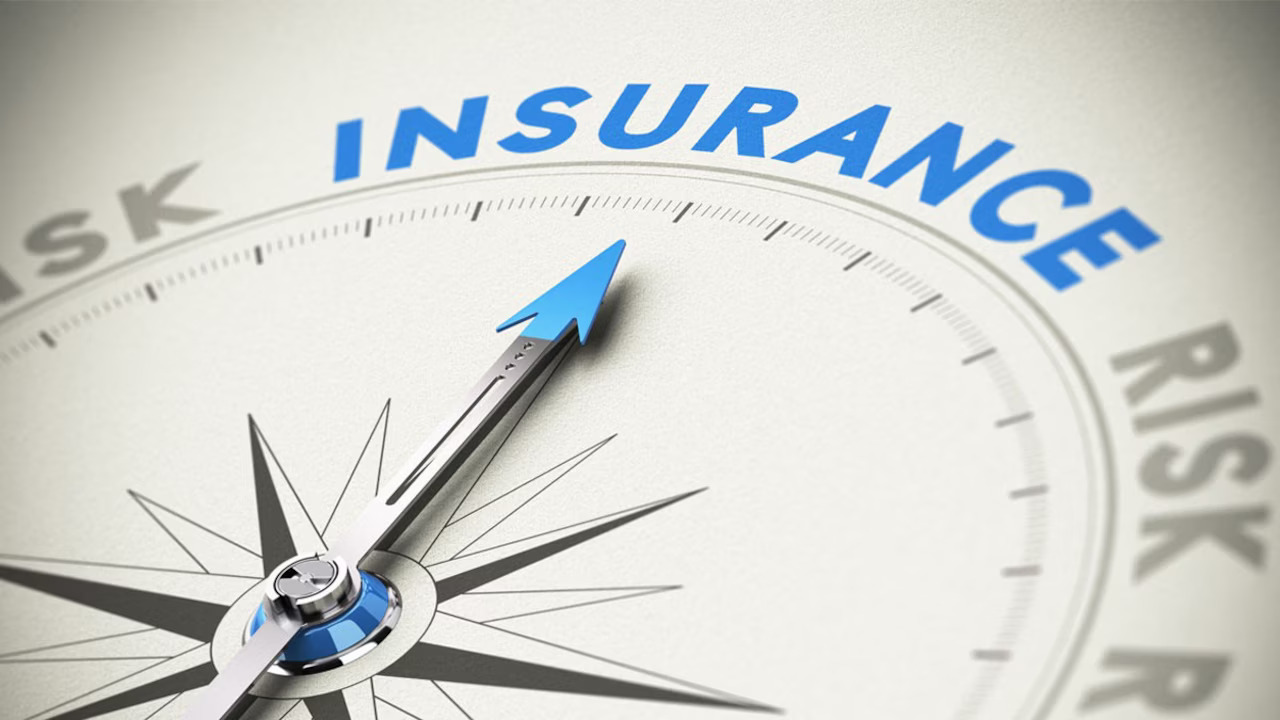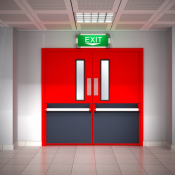
Why Verifying Insurance is Key When Hiring a Fire Risk Assessor?
When hiring a fire safety consultant, due diligence is crucial for protecting your business from potential legal and financial risks. A common misconception is that a consultant’s insurance automatically covers everything. However, this isn’t always the case, especially in the wake of industry shifts following major events like the Grenfell Tower fire. The insurance industry has seen dramatic changes, with insurance premiums rising and new exclusions being added to policies — sometimes buried in the fine print. This blog explores why verifying insurance coverage is vital and how you can conduct due diligence to protect your business.
The Risk of Hiring Uninsured or Underinsured Consultants:
In recent years, due to the Grenfell Tower tragedy, the fire safety insurance market has changed dramatically. Many insurers have increased premium rates and introduced new exclusions for consultants. While no malicious intent is typically involved, consultants may inadvertently undertake work that their insurance policy does not cover. This puts both the consultant and the hiring business at risk.
There have been high-profile cases where consultants unknowingly conducted work that fell outside their insurance coverage, leading to significant legal and financial consequences for the businesses involved. It’s crucial for businesses to verify the consultant’s insurance and ensure they are adequately covered for the services they provide, particularly when dealing with areas like fire safety assessments, external wall surveys, ESW1 or FRAEW, and even fire extinguisher servicing.
Consultant Verification and its Limitations:
At My Safety Consultant, we verify that consultants meet key criteria, including having valid insurance. Verified consultants receive a verified badge on their profile, signifying that we’ve checked their insurance at the time of their verification. However, it’s important to note that this verification is valid on the day it is completed. Circumstances can change and insurance policies can be amended, renewed, or even cancelled within a year. Therefore, even when working with a verified consultant, businesses must still perform their own due diligence to ensure the consultant’s insurance is up-to-date and still covers the necessary services.
Types of Insurance Consultants Should Have:
To protect your business, you need to ensure that consultants are properly insured. The key types of insurance you should be checking for are:
1. Public Liability Insurance:
Covers accidents or damage to third parties while the consultant is working. This is especially important when consultants are working on your premises or in public spaces.
2. Professional Indemnity Insurance:
Protects against claims arising from the consultant’s professional advice or services that lead to financial loss. This is crucial for consultants offering fire safety assessments, where incorrect advice could lead to safety hazards or non-compliance.
3. Product Liability Insurance:
If the consultant is providing or advising on safety equipment or products, this insurance covers any defects or problems with those products.
How to Check for Exclusions and Ensure Proper Coverage:
1. Request a Copy of the Insurance Certificate:
The insurance certificate should provide a summary of the coverage, showing the types of insurance the consultant has and the validity period. This is the first step to ensuring the consultant is adequately covered.
2. Request a Copy of the Insurance Schedule:
To get a detailed breakdown of the consultant’s coverage, ask for the insurance schedule, which outlines the specific coverage and exclusions. This is especially important in industries like fire safety and health and safety, where exclusions related to cladding or fire risk assessments are common.
3. Review the Fine Print:
Carefully examine the insurance schedule for any restrictions or exclusions. Pay special attention to areas that could leave your business exposed to risk, such as high-rise building assessments, cladding-related work, or specific types of fire risk assessments.
4. Consult with an Insurance Expert:
If you’re unsure about the insurance coverage or exclusions, consider reaching out to your insurance advisor. They can help you assess whether the consultant’s insurance is sufficient and if there are any gaps in coverage. In fact, many insurance companies are more than happy to review a consultant’s insurance to ensure it’s appropriate for the work they will be undertaking.
5. Address Insurance in the Contract:
It’s essential to include insurance obligations in your contract with the consultant. Specify that the consultant must have adequate insurance for the services they are providing and request proof of coverage periodically.
Why Insurance Verifications Matter for Your Business:
Without thorough verification, you run the risk of hiring a consultant who is not fully insured, which could lead to your business being held financially and legally liable for incidents or accidents that occur during their work. This could result in financial losses, legal challenges, and reputational damage.
By ensuring the consultant’s insurance coverage is valid and covers all necessary risks, you’re protecting your business from potential legal or financial complications.
Conclusion:
Verifying a consultant’s insurance is not just a best practice, it’s a necessary step in due diligence. The Grenfell Tower disaster has highlighted how consultants may unknowingly perform work outside their coverage, risking liability for both themselves and the businesses hiring them. By ensuring that you have the correct insurance in place and reviewing the insurance schedule for exclusions, you safeguard your business against unforeseen risks and potential liabilities. Always conduct proper due diligence and never hesitate to ask the tough questions about insurance coverage.
For more information and to connect with experienced fire safety consultants, visit our Fire Safety Listings.



